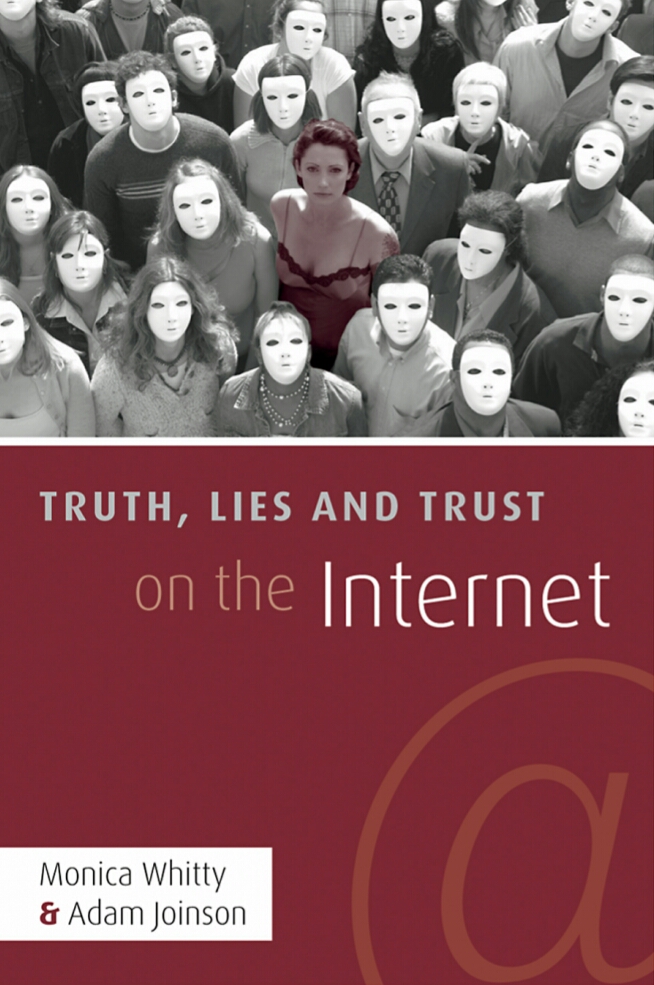

Most ebook files are in PDF format, so you can easily read them using various software such as Foxit Reader or directly on the Google Chrome browser.
Some ebook files are released by publishers in other formats such as .awz, .mobi, .epub, .fb2, etc. You may need to install specific software to read these formats on mobile/PC, such as Calibre.
Please read the tutorial at this link: https://ebookbell.com/faq
We offer FREE conversion to the popular formats you request; however, this may take some time. Therefore, right after payment, please email us, and we will try to provide the service as quickly as possible.
For some exceptional file formats or broken links (if any), please refrain from opening any disputes. Instead, email us first, and we will try to assist within a maximum of 6 hours.
EbookBell Team

4.3
18 reviewsThe Internet is often presented as an unsafe or untrustworthy space: where children are preyed upon by paedophiles, cannibals seek out victims, offline relationships are torn apart by online affairs and where individuals are addicted to gambling, love, and cybersex.
While many of these stories are grounded in truth, they do paint a rather sensationalized view of the Internet, the types of people who use it, and the interactions that take place online. Simultaneously, researchers claim that the Internet allows individuals to express their true selves, to develop 'hyperpersonal' relationships characterised by high levels of intimacy and closeness. At the heart of these competing visions of the Internet as a social space are the issues of truth, lies and trust.
This book offers a balanced view of the Internet by presenting empirical data conducted by social scientists, with a concentrated focus on psychological studies. It argues that the Internet’s anonymity which can enable, for instance, high levels of self-disclosure in a relationship, is also responsible for many of its more negative outcomes such as deception and flaming. This is the first book to develop a coherent model of the truth-lies paradox, with specific reference to the critical role of trust.
Truth, Lies and Trust on the Internet is a useful text for psychology students and academics interested in Internet behaviour, technology, and online deviant behaviour, and related courses in sociology, media studies and information studies.
Monica Whitty is senior lecturer in the Division of Psychology at Nottingham
Trent University. She lectures on cyberpsychology, social psychology, and qualitative methods. In recent years her work has focused on online dating, cyber-relationships, Internet infidelity, misrepresentation of self online, cyber-stalking, cyber-ethics, and Internet and e-mail surveillance in the workplace.
Adam Joinson is senior lecturer in Information Systems at the School of Management, University of Bath. His research interests include computer mediated communication, e-social science, privacy and disinhibition online.